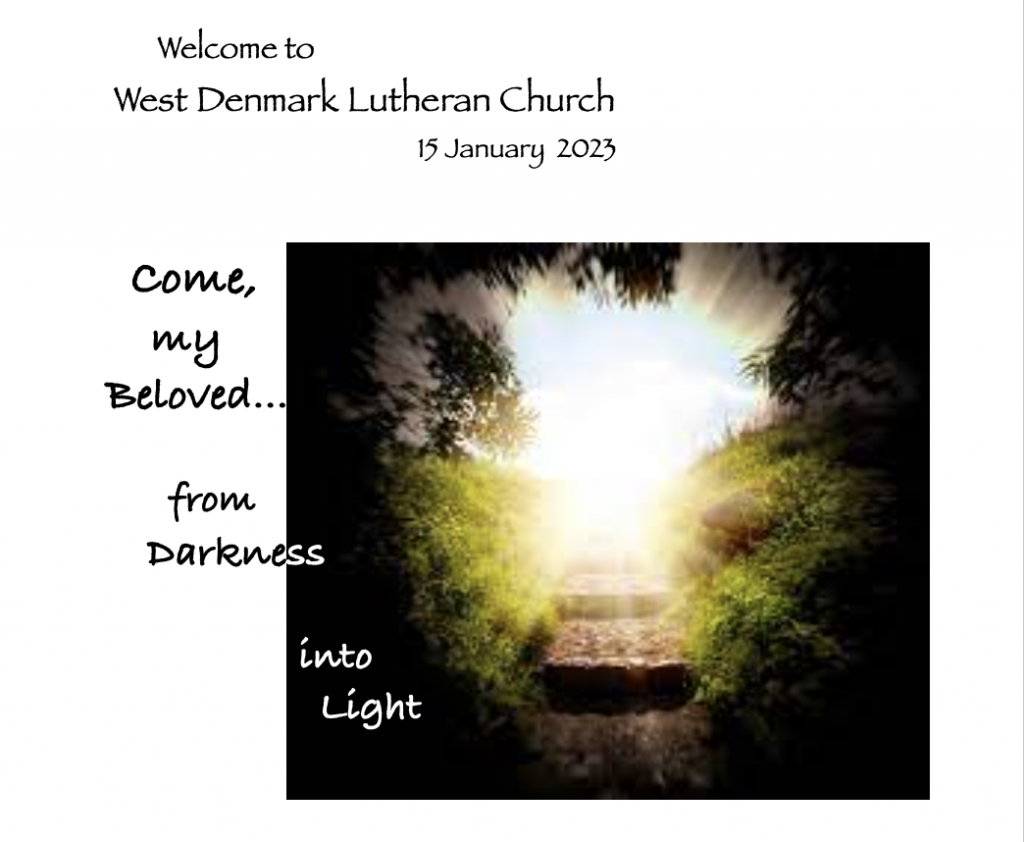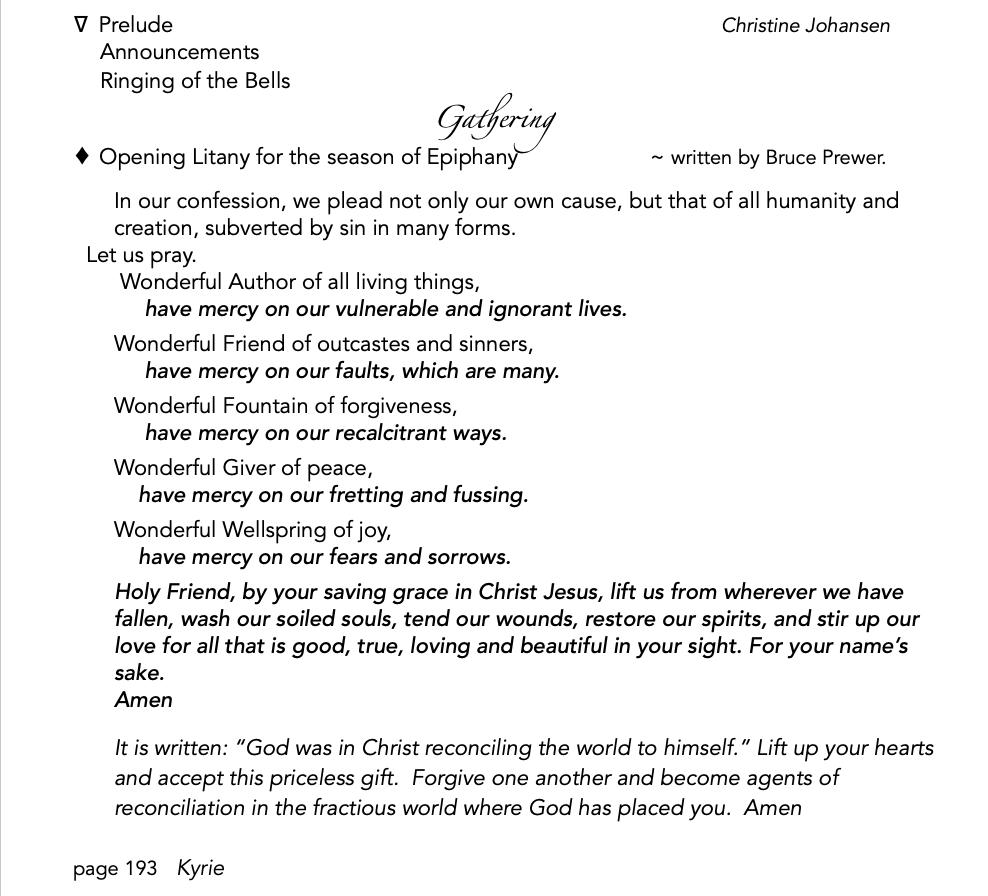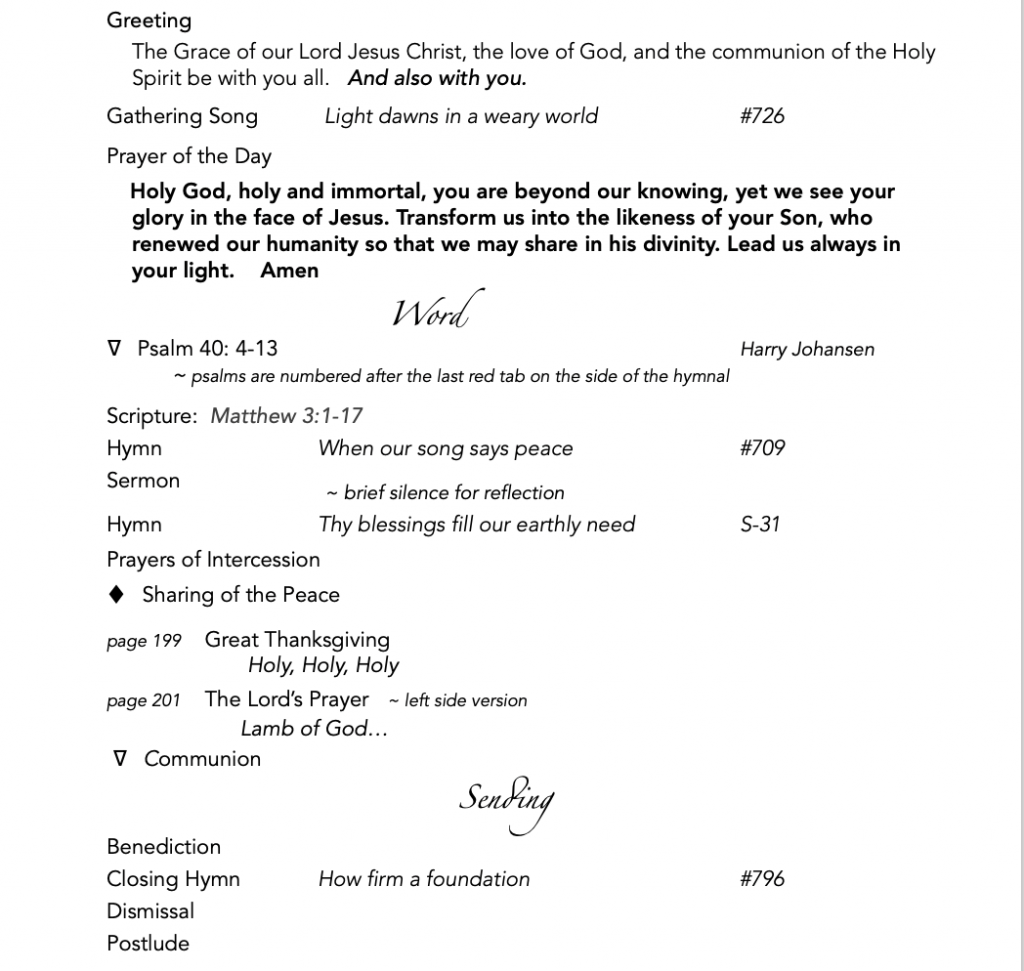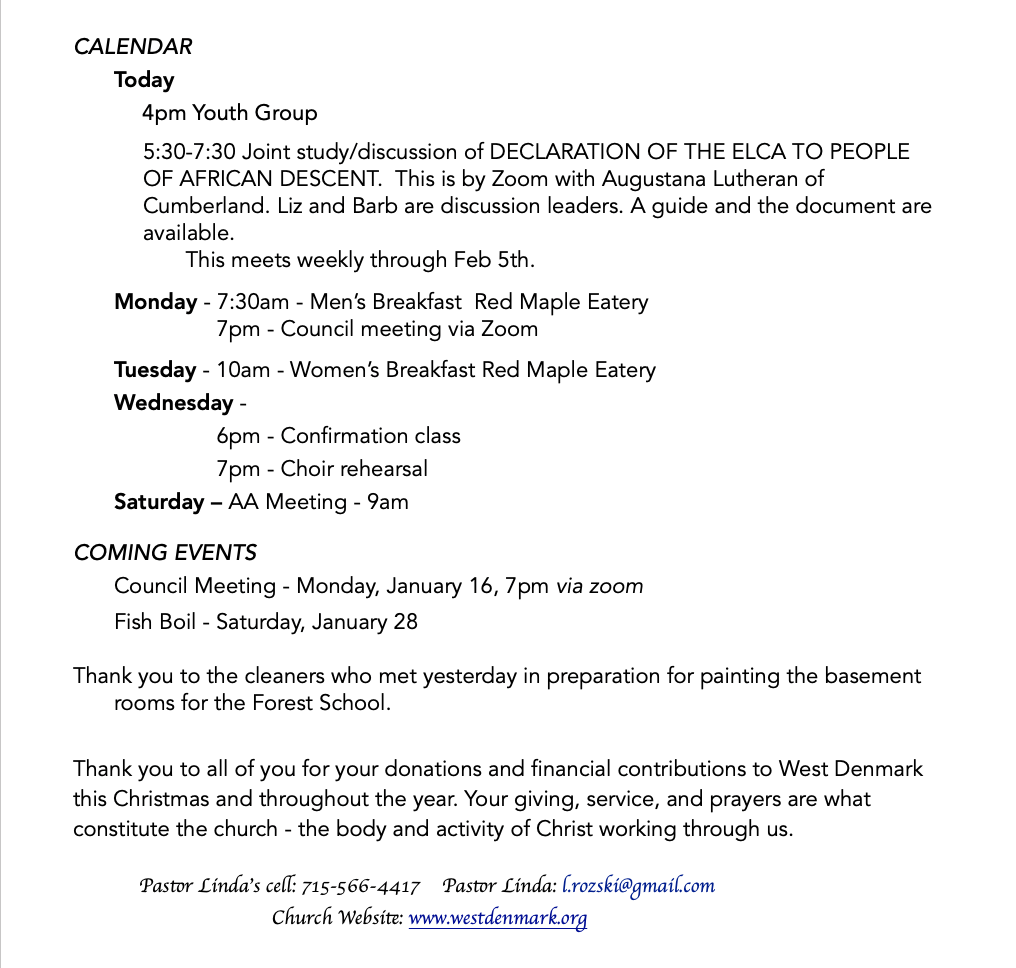Audio Recording



Matthew 3:16-4:17
16 And when Jesus had been baptized, just as he came up from the water, suddenly the heavens were opened to him and he saw the Spirit of God descending like a dove and alighting on him. 17And a voice from heaven said, “This is my Son, the Beloved, with whom I am well pleased.”
1Then Jesus was led up by the Spirit into the wilderness to be tempted by ha’satan. 2He fasted for forty days and forty nights, and afterwards he was famished. 3The tempter came and said to him, ‘Since you are the Son of God, command these stones to become loaves of bread.’ 4But he answered, ‘It is written,
“One does not live by bread alone, but by every word that comes from the mouth of God.”
5Then ha’satan took him to the holy city and placed him on the pinnacle of the temple, 6saying to him, ‘Since you are the Son of God, throw yourself down; for it is written,
“He will command his angels concerning you”,
and “On their hands they will bear you up,
so that you will not dash your foot against a stone.” ’
7Jesus said to him, ‘Again it is written, “Do not put the Lord your God to the test.” ’
8Again, the devil took him to a very high mountain and showed him all the kingdoms of the world and their splendor; 9and he said to him, ‘All these I will give you, if you will fall down and worship me.’ 10Jesus said to him, ‘Away with you, Satan! for it is written,
“Worship the Lord your God, and serve only him.” ’
11Then the tempter left him, and suddenly angels came and waited on him.
12Now when Jesus heard that John had been arrested, he withdrew to Galilee. 13He left Nazareth and made his home in Capernaum by the lake, in the territory of Zebulun and Naphtali, 14so that what had been spoken through the prophet Isaiah might be fulfilled:
15 ‘Land of Zebulun, land of Naphtali,
on the road by the sea, across the Jordan, Galilee of the Gentiles—
16 the people who sat in darkness have seen a great light
and for those who sat in the region and shadow of death light has dawned.’
17From that time Jesus began to proclaim, ‘Repent, for the kingdom of heaven has come near.’
The word of God…thanks be to God.
Jesus had just been anointed by God in baptism when he was led by the same Spirit to be tempted in the wilderness. Such an interesting turn of events. Very much like with Job, God allows Satan to test. And, after declining the tempter’s offers, and being waited upon by angels, Jesus hears that John the Baptist has been arrested.
He withdraws to Galilee. Withdraws stealthily, quickly. This is the same Greek word used when Joseph, Mary and Jesus fled to Egypt because of Herod, and again later from Judea to Galilee because of Archelaus, Herod’s son. The word will be used again when Jesus flees to the wilderness after John is beheaded in chapter 14. In each instance, flight is necessitated because of the threat of imperial violence.
John has been imprisoned by Herod Antipas for criticizing his immoral life. The historian, Josephus, who I keep referencing, suggests that John also challenged Herod’s oppressive economic practices that dealt death to those living on the margins and he reports that John’s popularity kept growing. The empire did everything in its power to eliminate people like John and used them as examples to intimidate potential threats. Jesus would have known that John’s imprisonment was a warning that something similar was coming his way.
Given the threat of arrest, it would have been reasonable for Jesus to flee to safety and avoid confronting the empire entirely. But that, too, was a temptation Jesus rejected. He has proven his loyalty and allegiance to God’s kingdom, come what may.
Matthew quotes from Isaiah 9 in introducing a messianic king who will lead people from darkness to light. Writing in the context of Assyrian occupation, Isaiah assures people that the messiah will shatter the yoke that was burdening them. He would reign on David’s throne and ensure justice and righteousness.
The Roman Empire had been subjecting people to darkness and death for generations. It made darkness and death commonplace, normalizing a peace brokered by violence and threat. In Matthew’s choice of this prophecy, Jesus will lead people from darkness to light and destroy the power of death that Rome had come to embody. He will expose the oppressive ethos of the empire and show that darkness and death do not need to rule, are not the accepted tools of peace. This is no small task, of course. The devil tried to entice him. The empire tried to threaten him. But nothing will deter him. Jesus withdraws into Galilee but, withdraws in stealth to reappear on his own terms. At so many points of the gospel, Jesus could have taken an easier path, become a less visible target. But he’s not in favor of hiding lights under bushels. His was meant to shine for the sake of others.
How do we respond to the various guises of imperial violence or to deeds done in shadows in our realm? Do we become complicit, retreating to safety? Do we make peace with the powers that be, accepting them as business as usual? Or are there ways to confront them, to prosper the kingdom of heaven? I mean, there are, of course there are… how are you doing?
The confirmation class girls and I are talking about the 10 commandments and how slippery they actually are. Martin Luther’s explanations widen the context. It’s not simply a matter that you should not murder, but “we are to fear and love God, so that we neither endanger, nor harm the lives of our neighbors, but instead help and support them in all of life’s needs.” We are not to steal, but instead “we are to fear and love God, so that we neither take our neighbors’ money or property, nor acquire them by using shoddy merchandise or crooked deals, but instead help them to improve and protect their property and income.” It’s painful to realize how easily we slip into complacency, how impossible it seems to extract ourselves from communal sin, from doing unintended harm, when even willful wrong can seem justified by societal norms and celebrities. It’s hard to keep the lines clear, the path on target. Small allowances or infractions seem innocent enough, but they compound. A white lie becomes a colorful lie, a small misdeed takes on large unintended consequences. The Sunday evening zoom study is exploring how incipient racism and prejudice and oppression are in our ‘good, well-meaning’ lives. Our language choices, our lack of experience with other races or cultures, the ease of forming monocultures, and our comfort with the way things are for us, all land us in racist patterns and policies, quite possibly, without even realizing it.
It is too tempting to make peace with the empire in order to advance our economic and political interests, personally and communally. There is inevitably a cost for confronting the status quo – for stepping out of line with over-consumption, racism, violence, finger-pointing, and placidly looking the other way. But the cost of not confronting it is more telling. A church that joins hands with the empire, or remains silent in the face of it, is a contradiction in terms. “Repent”, Jesus said. “For the kingdom of heaven is at hand.” And it still is.
The kingdom of heaven is a state of affairs that will become a reality when people change their ways and work towards making it possible. We are asked to repent not so much to receive benefits from the kingdom but to advance it for the benefit of others. We are invited to become agents of transformation.
There are various ideas about why Matthew uses the phrase ‘kingdom of heaven’ rather than ‘kingdom of God’, but one effect is that it shifts the focus, if only a little bit, to the people who work to bring the kingdom to life. So, the question isn’t “what will God do to solve this problem in his kingdom?” but “how will people respond?” We are invited to discern what social or economic or political structures need to be created or ended to enable a just and dignified life for all members of society; to see all creation as precious in God’s sight and within the coming realm.
The next sentence in the gospel as chapter four continues describes Jesus calling his first disciples. They leave their families, livelihoods – apparently inspired by the mission and the man, and make a radical commitment to the message and teaching and healing they witness. The Roman empire relied on threat, coercion and enticements to recruit people into its military. The new kingdom, on the other hand, inspires participation. Far from being the deterrent they no doubt expected, the imprisonment of John strengthened the crowds’ resolve, and the new message of Jesus inspired people from all over the region to follow him.
The warning from the gospel is that religion, too, can become an empire suppressing the freedom and joy of relationship with God beneath rituals, laws, fear and positions of privilege. The scribes and pharisees represent that in Matthew.
The good news is that the light of Christ somehow caught hold, ignited, inspired and was passed on from John to Jesus to the disciples and eventually to Matthew’s community. And it has been passed on to us. As the Church, we are invited to participate in the transformative work of the new kingdom. But we also have the task of inspiring others to join the movement. We won’t do it with coercion or threats or fear – those are not the tools of the kingdom of forgiveness and transformation.
The question is whether and how we are able to inspire people to join the work of transforming communities. How are we succeeding? Where are we failing? What is the next step for you? For us?
Adapted from Raj Nadella – Working Preacher commentary for 26 January 2020
